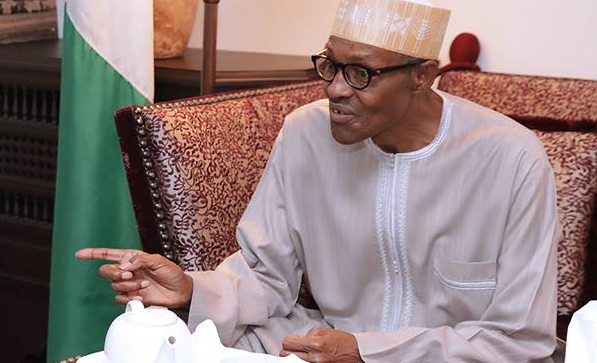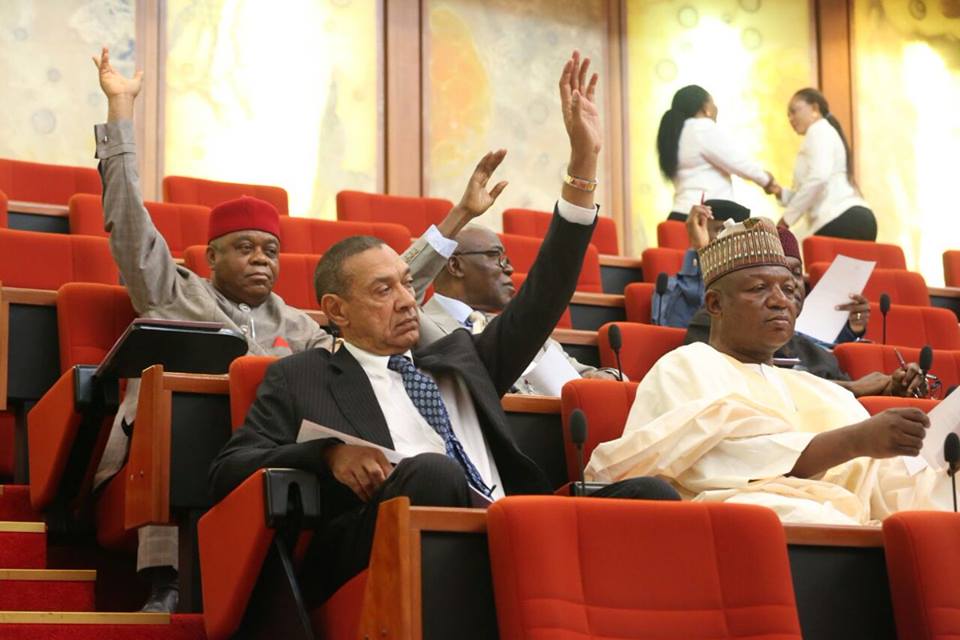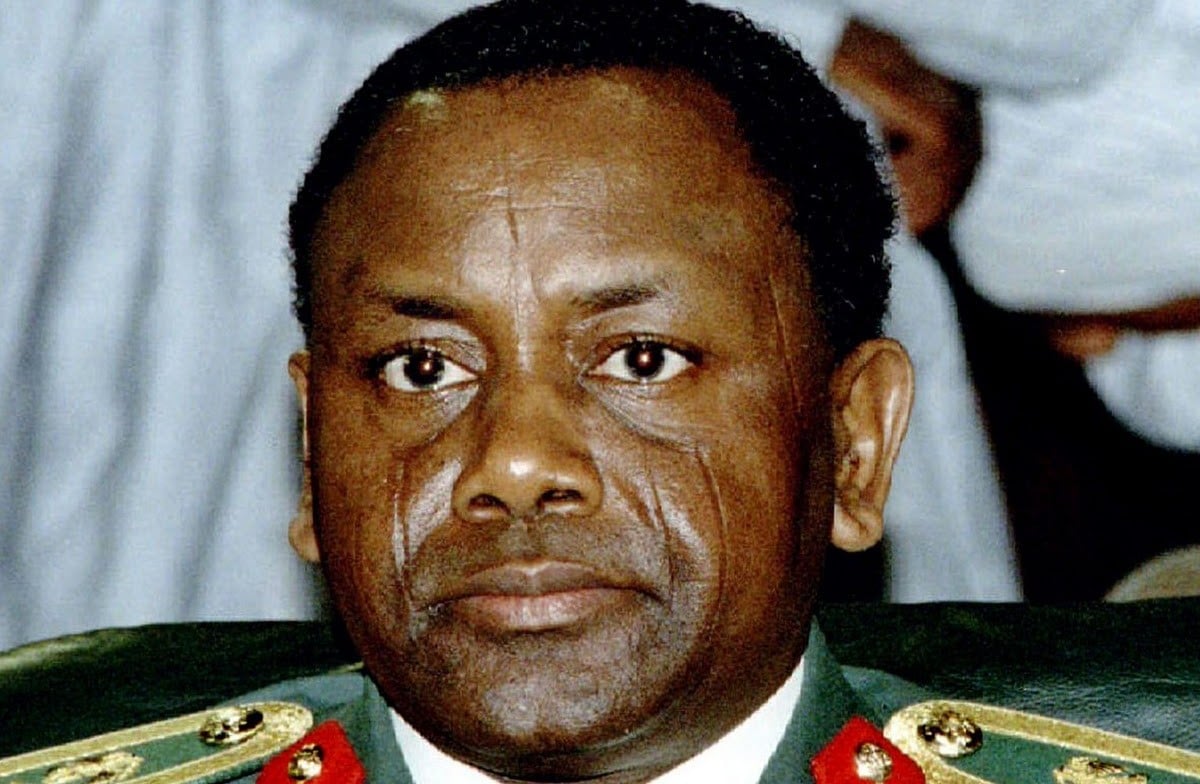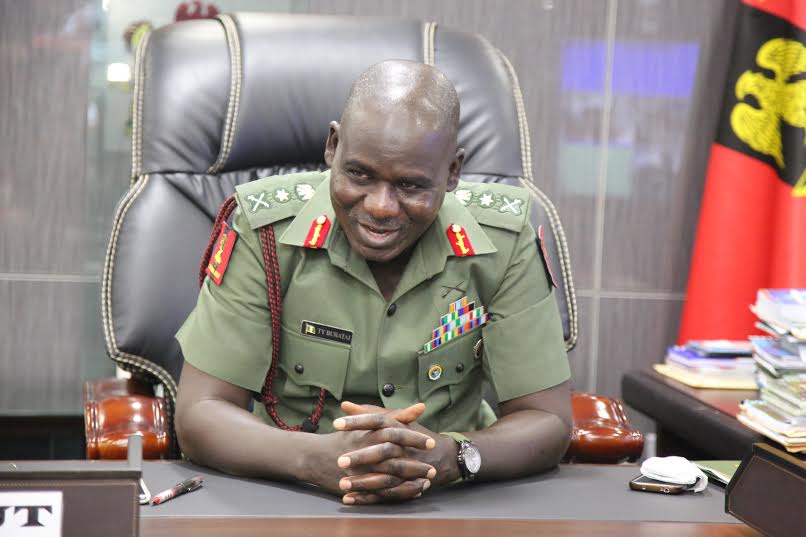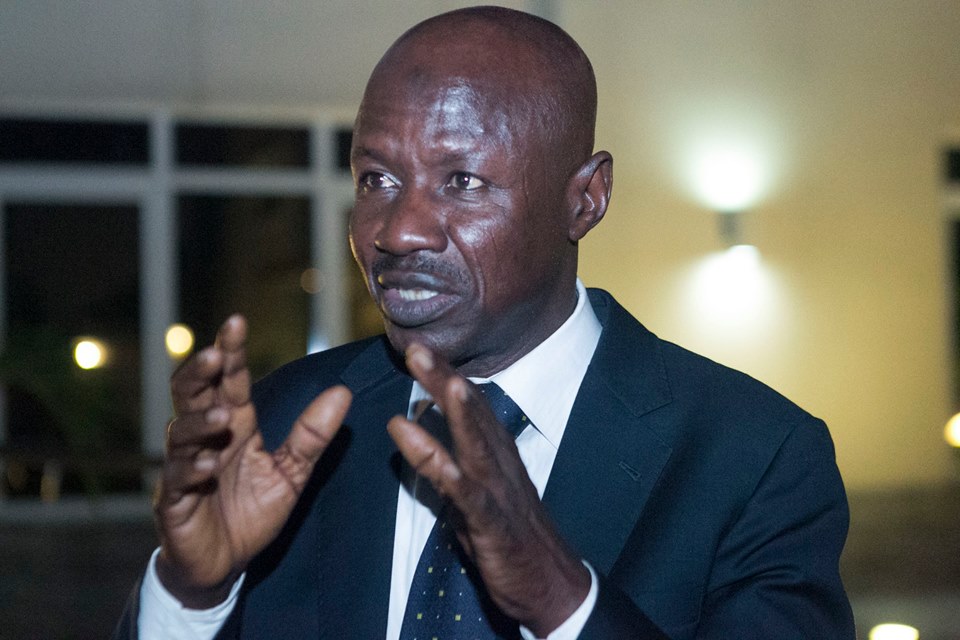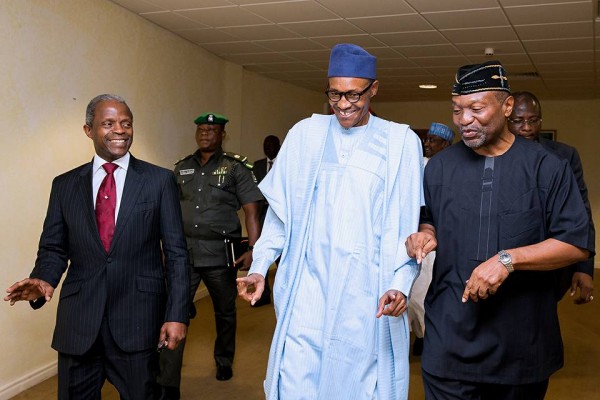I do not know if it’s just me, but it does seem like the world is not paying so much attention to the current administration’s triumphalism over its predecessor and the reign of sleaze alleged to have been its pastime.
It appears to me that while we battle to hinge the current dwarfish accomplishments on the failure of that administration, Goodluck Jonathan, its very personification, has become the poster boy for what is good about respecting the rights of the ordinary man to decide who their leaders should be.
Africa and some parts of the world’s recognition of the nobility of Jonathan’s respect for the integrity of the electoral process is, of course, not a celebration of corruptive values, but a poignant signal to the multiple floorboards on which national development rests.
While official pilfering of resources is antithetical to the development of nations, respecting the liberty of a people to vote out a government that has not truly represented their interests is by the far, the greatest benefit a government can bestow on its people.
Advertisement
For instance, the brief leadership of the late Umaru Yar’Adua could not be said to have attained any significant developmental milestone, but Nigeria cannot forget the honestly with which Yar’Adua reacted to the election that brought him to power. He denounced it as far from fair and promised to institute a culture of electoral dignity in the nation. He started the process before his eventual death.
But before his death, he apparently got Jonathan, who took over from him to imbibe his avowed crusade such that on attaining power, Jonathan deepened his erstwhile principal’s reform.
He appointed Prof Atthairu Jega and a number of other uncompromising individuals on the Independent National Electoral Commission. This singular step raised the confidence of the citizenry in the capacity of the electoral umpire which was nothing more than a pawn in the hands of the President Olusegun Obasanjo administration.
Advertisement
All that changed under Jonathan such that at the end of the 2011 elections, international observers testified that Nigeria was indeed on its path to democratic growth.
Mariya Nedelcheva, head of the European Parliament delegation to the elections, was quoted as saying: “Saturday’s elections are a convincing proof that the Nigerian authorities, institution and electorate are determined to remain owners of their destiny and to run even better elections in the future.”
As she predicted, mid-term elections in Edo, Anambra, Ondo, Ekiti and Osun states between 2011 and 2015 showed a progressive improvement which aggregated in the phenomenal 2015 elections that saw an incumbent voted out of office for the first time in Nigeria!
Jonathan who, when asked questions about fighting corruption, would on several occasions insist that there was no act of malfeasance greater than stealing the votes of people and denying them the freedom to choose their leaders, conceded defeat in the election and congratulated his opponent, Muhammadu Buhari to the relief and acclaim of a world, which had held its breath in anticipation of the mother of all political conflagrations.
Advertisement
But a truly self-determining electoral body and a government, committed to its pledge delivered a palpably tensed country from what threatened to be the beginning of its end.
With Jonathan and his Peoples Democratic Party, out of office, Nigerians grew confident of the irreversibility of the democratic progress. A self-assurance predicated on the seeming progressive credentials of the All Progressives Congress which took over from Jonathan.
But hasn’t these expectations of Nigerians been truncated?
The first arrow fired at the hope for the sustenance of the victory Nigeria was building against electoral insanity was the appointment of Hajia Aminat Bala Zakari as the acting chair of INEC shortly after Buhari’s swearing-in.
Advertisement
Now, Zakari, in spite of any qualification, is said to be related to the President and such affiliations, no matter how remote, should disqualify anyone from heading an institution whose independence should be absolute. Zakari’s appointment created a storm of suspicion on the impartiality of the administration, one which her replacement by Prof Mahmood Yakubu has been unable to cure.
Yakubu’s inability to heal INEC of its perceived incompetence and subservience was worsened by the initial wave of inconclusiveness that hit his management of INEC. It is in fact, possible to suggest that this INEC has not conducted any election which has not left room for some distrust.
Advertisement
From legislative rerun elections in Rivers State that were withheld for one year until a threat by the Senate to suspend sitting, to the premature postponement of the governorship election in Edo State, to the confusion created over which candidate was qualified to represent the PDP and the eventual denial of the candidate an opportunity to share his vision with the people in Ondo State and the governorship elections in Bayelsa and Kogi states, the INEC has not given Nigerians much to hope for.
Neither has President Buhari offered more than a token of assurance about his readiness to reverse the nation’s rapid loss of electoral discipline.
Advertisement
To his credit, Buhari has instituted a group of Nigerians to advise him on electoral reforms, (something which many consider a wasteful venture). He has also spoken a few hollow words on his determination to change national attitude to elections. But has the man shown the capacity for the self-discipline that this demands?
Take his reaction to the governorship primaries of the APC in Ondo State. That he validated the primary that an organ of the party picked holes in, holes that made sense to the non-partisan, generated worries.
Advertisement
You will get more terrified about this when you recall his reaction to previous elections that he lost.
Speaking to members of the Congress for Progressive Change, from Niger State sometime in 2012, Buhari was quoted as saying: “…they either conduct a free and fair election or they go a very disgraceful way. If what happened in 2011 should again happen in 2015, by the grace of God, the dog and the baboon would all be soaked in blood.”
Here, he spoke about an election, which he could not have won by any stretch of imagination, one in which sympathisers of his party, unleashed violent protests in which hundreds, including 11 members of the National Youth Service Corps lost their lives!
Now, compare that to Ghana’s president-elect, Nana Addo Akufo-Addo, who was only marginally defeated in the 2008 and 2012 elections but chose to move in the interest of “economic stability and international goodwill.” He made no inflammatory statements and incited no violence.
My fear is that Buhari either has a wrong perception of what electoral integrity is or he only thinks that elections are fair when he or his party wins. Either of this is associable to his self-righteous, messianic disposition and is capable of doing total discredit to his administration.
The point here is that, while one can, at this stage, safely conclude that this administration does not have the capacity to turn around Nigeria’s economy in any dramatic way, it will do the President a lot of good to pursue electoral reforms with all his strength.
Even though it is unsure that the war against corruption will be won in any sustainable way, one sees a sense of financial discipline and accountability in government officials at the moment.
The same measure of success is discernable from the war against the Boko Haram insurgency in the northeastern part of the country.
Can Buhari kindly employ the same single-mindedness towards leaving Nigeria with a credible electoral process? Can he start by stamping a sense of morality in which politicians are dissuaded from pursuing office at all costs? Can he then ensure that agencies of the state are not deployed against opposition political parties? Can he work to see that the vote of every Nigerian counts?
If, at the end of it all, he achieves no other thing than this, Nigerians and the world would forgive him and remember him for the liberty to decide who leads them by themselves.
That is a legacy worth more than all the power and wealth that the world has ever seen. That is what Jonathan currently rides on. Anything short of this would be an unforgivable crime against Nigeria.
Twitter @niranadedokun
Views expressed by contributors are strictly personal and not of TheCable.
Add a comment

